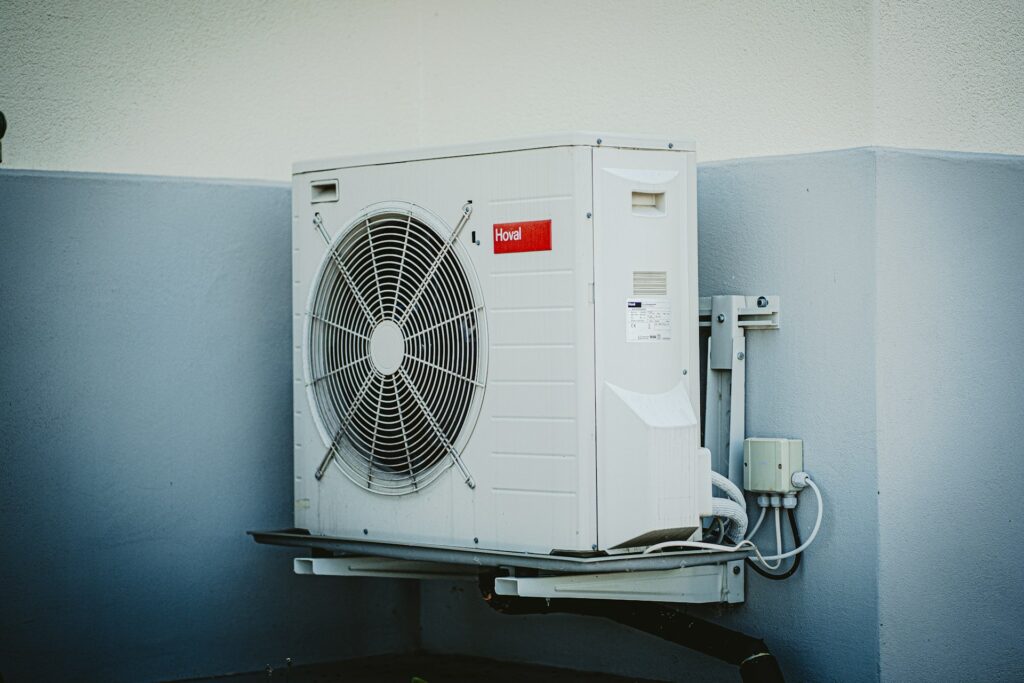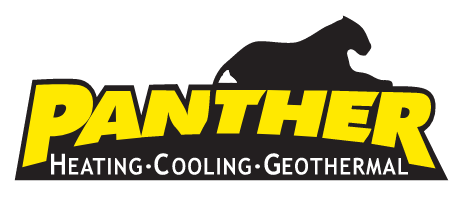Understanding Geothermal Heat Pumps: Harness the Earth’s Energy for Cost-Effective Home Comfort

As technology advances, homeowners continue to seek more efficient, environmentally friendly, and sustainable alternatives to traditional heating and cooling solutions. One such innovation that’s been gaining traction among eco-conscious individuals is the geothermal heat pump system. Utilizing the Earth’s constant underground temperature, these systems provide energy-efficient, cost-effective, and reliable home comfort solutions. As a leading HVAC service provider in Rock Hill, South Carolina, we recognize the growing interest in geothermal heat pumps. We are excited to provide our customers with comprehensive information and expert guidance on this green home comfort solution.
In this detailed guide, we’ll explore the principles behind geothermal heat pumps, discuss their advantages and disadvantages, and explain their installation process. By gathering this information, homeowners considering the switch to a geothermal heat pump system can make an informed decision and determine whether this environmentally friendly HVAC option aligns with their needs and home comfort goals.
Geothermal heat pump systems offer an innovative way to harness the Earth’s natural temperature stability to provide a cozy retreat in winter and a cool oasis in summer. Continue reading, and you’ll understand the science behind geothermal heat pumps, appreciate their benefits, and know how we can work together to bring you a greener and more sustainable HVAC solution.
Let’s dive into the world of geothermal heat pumps, learning from our experience and expertise as we guide you through this exciting, eco-friendly heating and cooling alternative to transform your Rock Hill, South Carolina home into a comfortable, energy-efficient abode.
The Science Behind Geothermal Heat Pumps
A geothermal heat pump system, also referred to as a ground-source heat pump, capitalizes on the Earth’s constant underground temperature to provide heating and cooling for residential spaces. This sustainable system boasts impressive efficiency and effectiveness, working on the principle of heat exchange to regulate indoor temperature. The main components of a geothermal system include:
1. Ground Loop: A series of underground pipes containing a water and antifreeze solution that allows for heat transfer between the Earth and the heat pump.
2. Heat Pump Unit: The central component of the system is responsible for extracting heat from the ground loop and regulating indoor temperature.
3. Air Delivery System: A duct system that distributes conditioned air throughout the home.
During the winter months, the heat pump extracts heat from the ground loop, compresses it to a higher temperature, and circulates the warm air throughout the home, creating a cozy environment. Conversely, during the summer months, the heat pump absorbs heat from the indoor air, transfers it to the ground loop, and generates a cool atmosphere inside the residence.
Advantages of Geothermal Heat Pump Systems
Switching to a geothermal heat pump offers numerous benefits for homeowners, including:
1. Energy Efficiency: Geothermal systems can be up to 400% more energy-efficient than traditional heating and cooling methods, as they rely on the Earth’s natural temperature rather than burning fuel.
2. Reduced Energy Costs: Higher efficiency means lower energy consumption, meaning homeowners who adopt geothermal technology may see a significant reduction in their utility bills.
3. Environmentally Friendly: Geothermal heat pumps emit fewer greenhouse gases than conventional systems, making them a cleaner, greener option.
4. Quiet Operation: Unlike outdoor air conditioning and heat pump units, geothermal systems produce minimal noise since the main components are hidden underground.
5. Longevity: Geothermal heat pumps are known for their durability, with ground loops lasting up to 50 years and the heat pump itself typically lasting 20-25 years.
Disadvantages of Geothermal Heat Pump Systems
Despite the numerous benefits, geothermal heat pump systems also have a few drawbacks for homeowners to consider:
1. High Installation Costs: The initial investment required for a geothermal heat pump system can be significantly higher than traditional HVAC options due to the complexities of the ground loop installation.
2. Limited Installation Options: Geothermal systems aren’t suitable for all properties, as they require sufficient space for the ground loop installation and might not be ideal for homes with small yards or rocky soil conditions.
3. Longer Payback Period: While geothermal systems save money on energy costs, the payback period for the initial investment may take several years, depending on factors such as system size and local energy prices.
Geothermal Heat Pump Installation: What to Expect
The installation of a geothermal heat pump system requires careful planning and expert guidance to ensure optimal performance and energy efficiency. Here’s a brief overview of the process:
1. Site Assessment: We will conduct a detailed site evaluation to determine whether your property is suitable for a geothermal system and to design the most effective ground loop layout.
2. System Sizing: Proper system sizing is crucial to prevent energy waste and achieve the desired level of comfort. We will perform a heat load calculation to determine the ideal system size for your home.
3. Ground Loop Installation: The ground loop installation requires digging trenches or boreholes on your property to accommodate the piping. The depth and layout of the ground loop will vary depending on the system design and available space.
4. Heat Pump and Air Delivery System Installation: After the ground loop installation, we will install the heat pump unit inside your home and connect it to the air delivery system, ensuring all components are functioning effectively and efficiently.
Conclusion
Geothermal heat pumps present an innovative and eco-friendly solution for homeowners seeking a greener, cost-effective alternative to traditional heating and cooling systems. By understanding the science behind geothermal technology, appreciating its advantages and disadvantages, and knowing what to expect during installation, you can make an informed decision about whether this sustainable HVAC option is right for your Rock Hill, South Carolina home.
As a trusted HVAC service provider, we’re here to guide you through every step of the geothermal heat pump journey. From initial consultation and site assessment to system design and expert installation, we’ve got you covered. Reach out to us today to discuss how our heating and cooling services can help you harness the Earth’s energy and transform your home into a cozy, energy-efficient haven.
Need HVAC Service?
Contact the experts at Panther Heating and Cooling.
Call us at (803) 327-2700!

